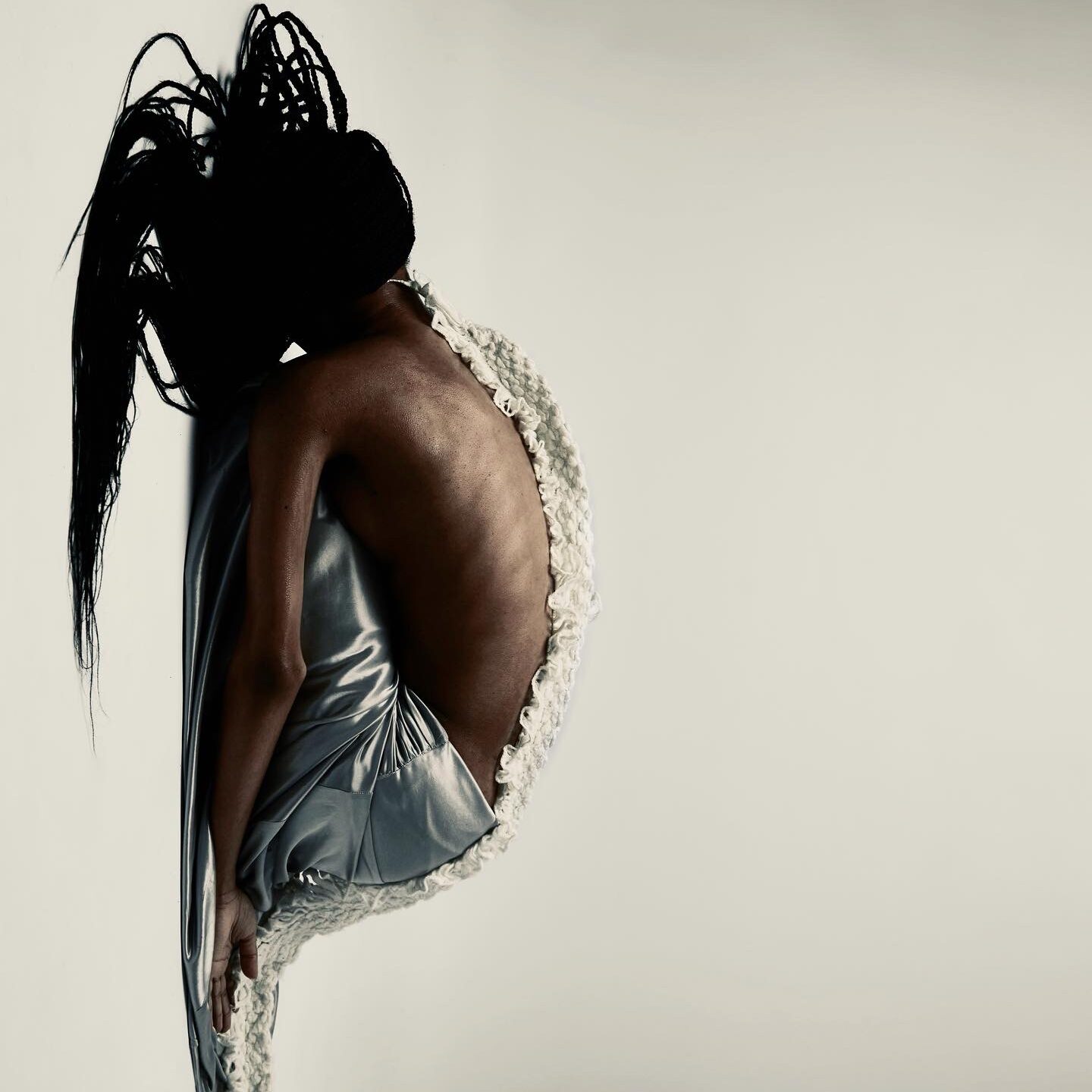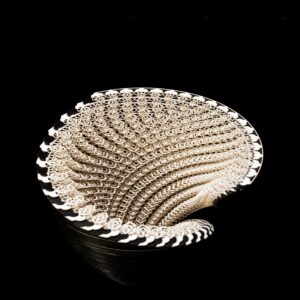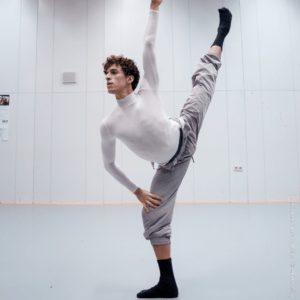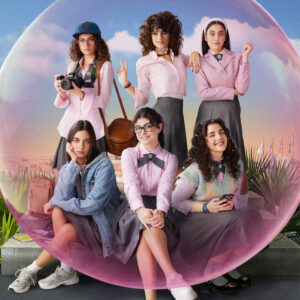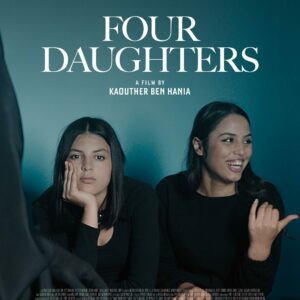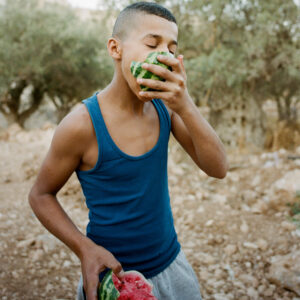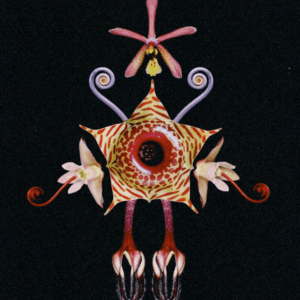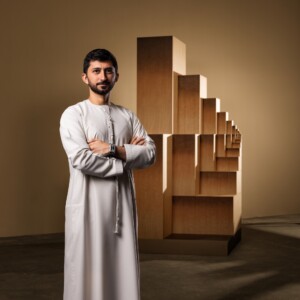Nour (Instagram), a trailblazing Palestinian artist and fashion designer, fearlessly intertwines rebellion and emotional depth in a captivating artistic tapestry. With a unique vision that defies convention, Nour captures the intricacies of human emotions and the unyielding spirit of rebellion, crafting a visual language that resonates on a profound level. Each piece becomes a poignant testament to resilience, inviting audiences to delve into the rich expressions of personal and collective struggles. Nour’s art becomes a bridge between the visceral and the ethereal, inviting viewers to engage with the raw authenticity embedded in every stroke and fabric. In this exploration of rebellion and emotional depth, Nour invites us to witness the power of art as a vessel for storytelling, fostering connections that transcend the boundaries of tradition and expectation.
Nour, what is your earliest memory involving arts, and how has it shaped your creative journey?
I think it started as early as I learned how to communicate. I don’t find comfort in using my words to communicate – and so art became the outlet. I didn’t feel embraced growing up when I spoke my mind. I had a lot to say as a kid, and I still do. I naturally had to learn how to express myself in a different language. The moment it became a third language for me, it became something I depend on for physical, mental, and emotional release. Art is prayer. It is a chance to feel. ‘Being’ an artist isn’t really what I connect with, it’s more of an action. I’m breathing and expressing what it feels to be alive as myself. It is me saying, ‘thank you for giving me this vessel, I will use and take care of it the best I can, and share it with others for as long as I am here.’

How does your Palestinian heritage influence and manifest in your creative process and the themes you choose to explore in your work?
Moving around different homes, schools, and countries since I was six years old has taught me adaptability and how to create a home through my work. I am home when I am around my friends from all over the world, because being displaced means nowhere is home – yet I can adjust and make everywhere my home. I am home when I am in the studio, I feel like a scientist inside a lab. Home is a term I had to learn to redefine. Home is identity and the rituals I maintain in my creative process. I am home when I am expressing myself through music, painting, or design. The Palestinian experience is the closest thing to feeling alien. I feel alien when I walk this earth, and so it is not surprising that my work extends to subhuman forms. There is an extraterrestriality in everything I do. This also extends to the music I listen to, or the visuals in my mind, when I am researching or producing. This connects to the reason behind naming my debut SS23 design collection, ‘Apocalyptic Rebellion’. We are in an apocalyptic and dystopian reality, the only way through is rebellion.
Your creations often invite audiences to connect with you, personally. How do you navigate the fine line between personal expression and creating art that resonates universally?
I have no desire to create anything universally resonant, but it’s the most insane feeling hearing people say they feel connected and a sense of stimulation when immersed in my work. I am nothing without community, the support fuels me and reminds me of the limitlessness of human impact. I grew up in Amman, Jordan, as a kid that never saw myself represented. I never felt any sense of belonging to anything. As a result, I turned into a person who is comfortable in solitude. There’s not too many spaces where I feel safe – so when I cross paths with it, I hold so tight to it. Safety within human connection, community, and making art are all survival mechanisms. The art is cool, but I’m here to liberate.

How do your artworks, emphasizing resilience, contribute to narratives of personal and collective struggles, especially given your Palestinian identity?
Investing in my art meant resistance. I find myself heading deeper into analogue techniques in a world so digitized, it is subconsciously connected to the importance of permanency in tangible objects. Things that exist on this earth because they were made by a human being, not a robot. I love technology. It is a part of me, but my mind is focused on human intelligence right now. I see it as a symbol of our generation, how it is split between the western and eastern worlds – one is digitally driven, the other is analogue. Resilience also means pushing towards a future that isn’t just located in the west. The future is the youth of Palestine, Lagos, Medellin, Morocco, Jordan, Cairo, Algeria and more. We have so many stories and ideas from our regions, and a deep desire for growing in culture and collective liberation through our forms of expressions. Existence, expression, and human vandalism are my forms of resistance. I’m Palestinian, rebellion is in my DNA.
Looking ahead, what themes or concepts do you aspire to explore in your future projects, and how do you envision the evolution of your artistic voice?
All I want to do is experiment and play. Maintain the fluidity within my creative output. Music, sonics, combining everything I’ve experimented with, extracting, enhancing, mixing, mastering through all tools in my reach. Most importantly I hope I remain human, there’s not many of us left in this dunya.

For more stories of art and culture, like this interview with Nour, visit our dedicated archives.
